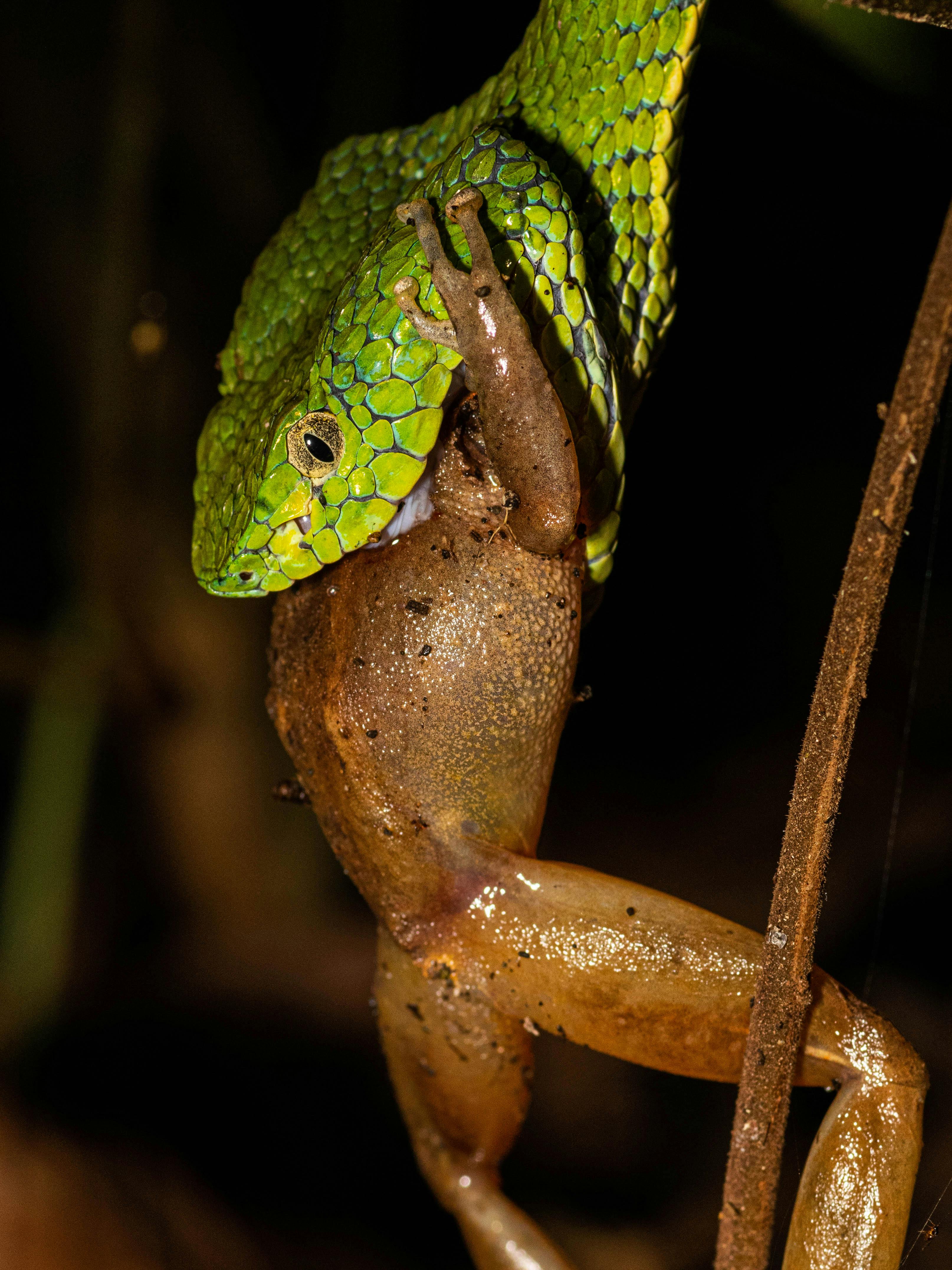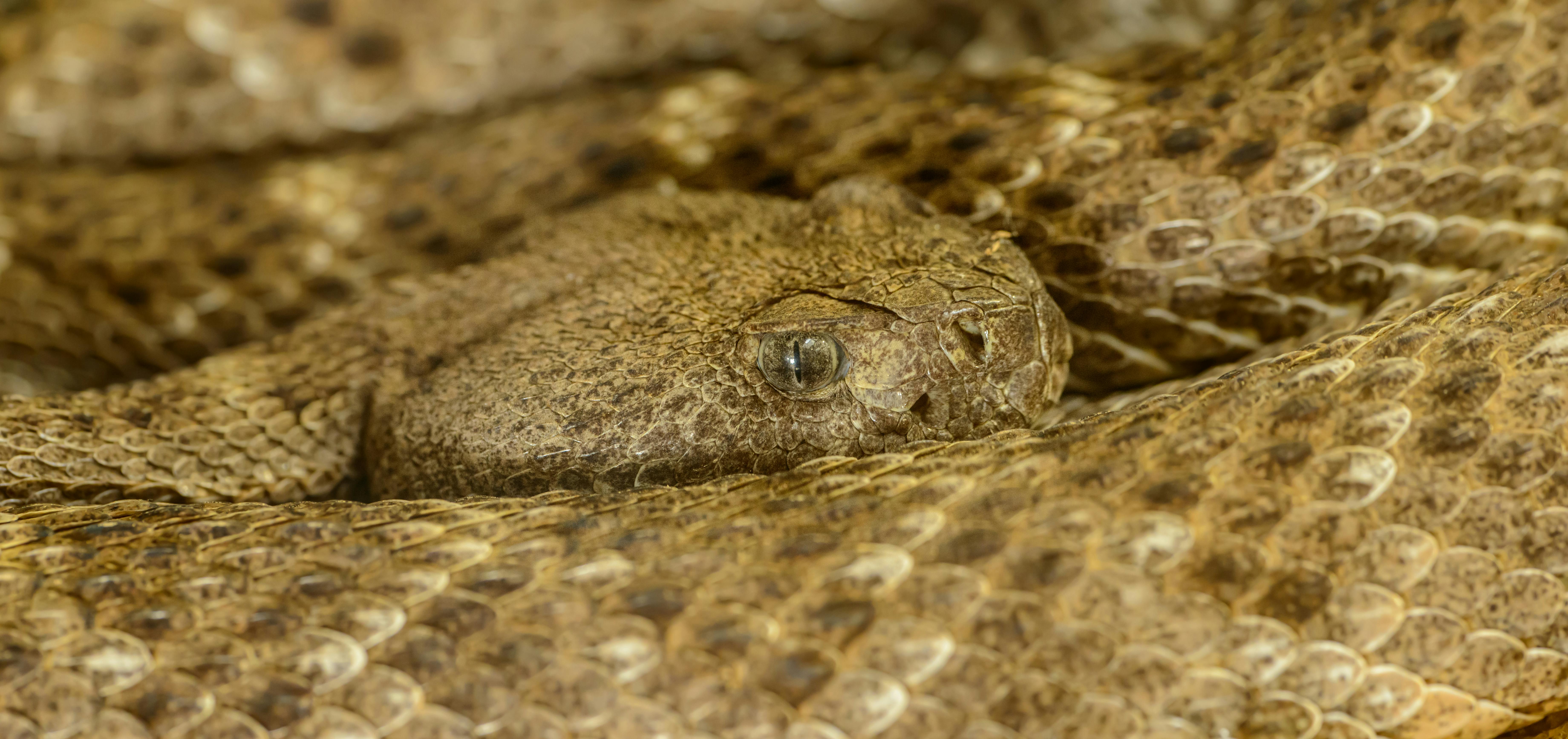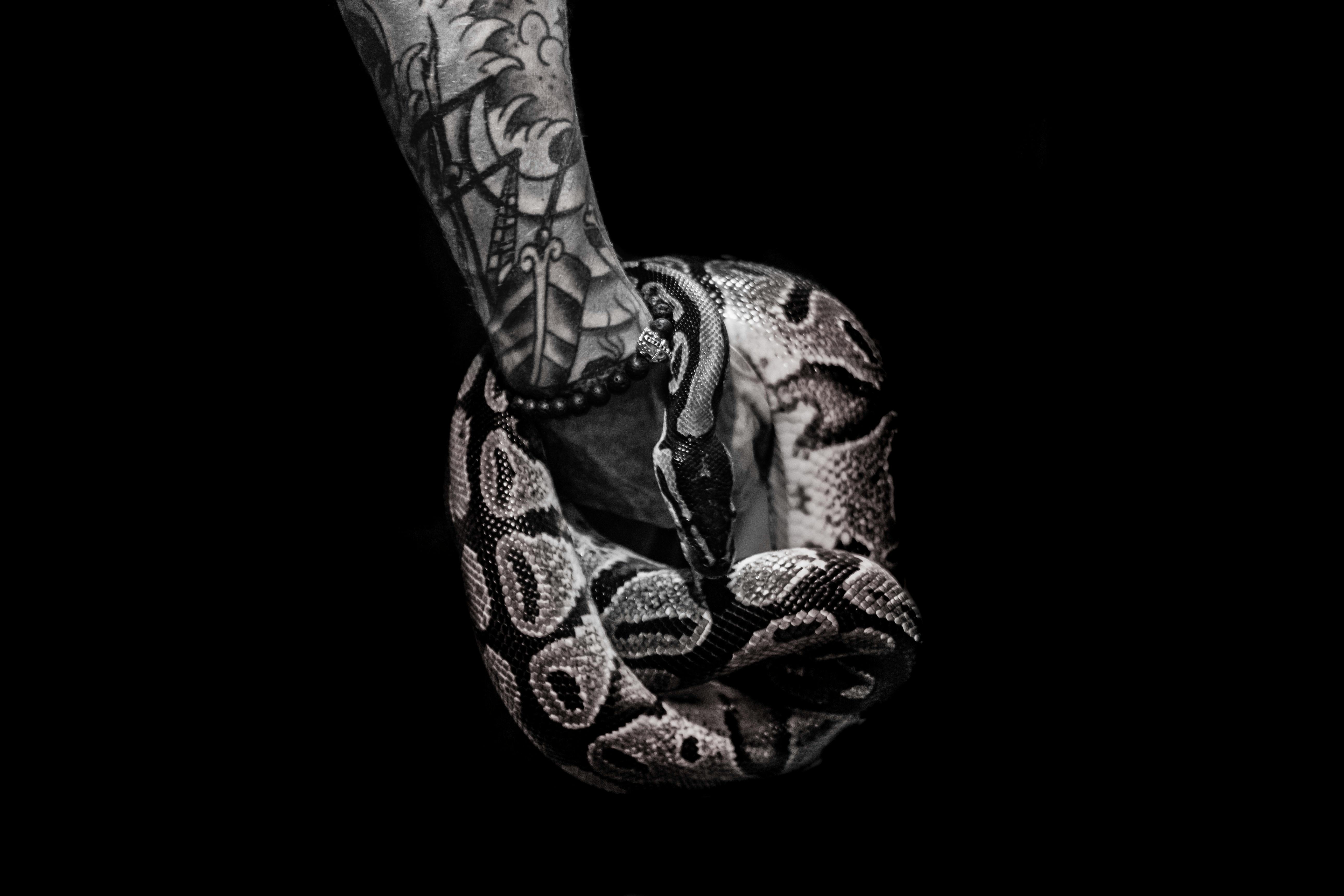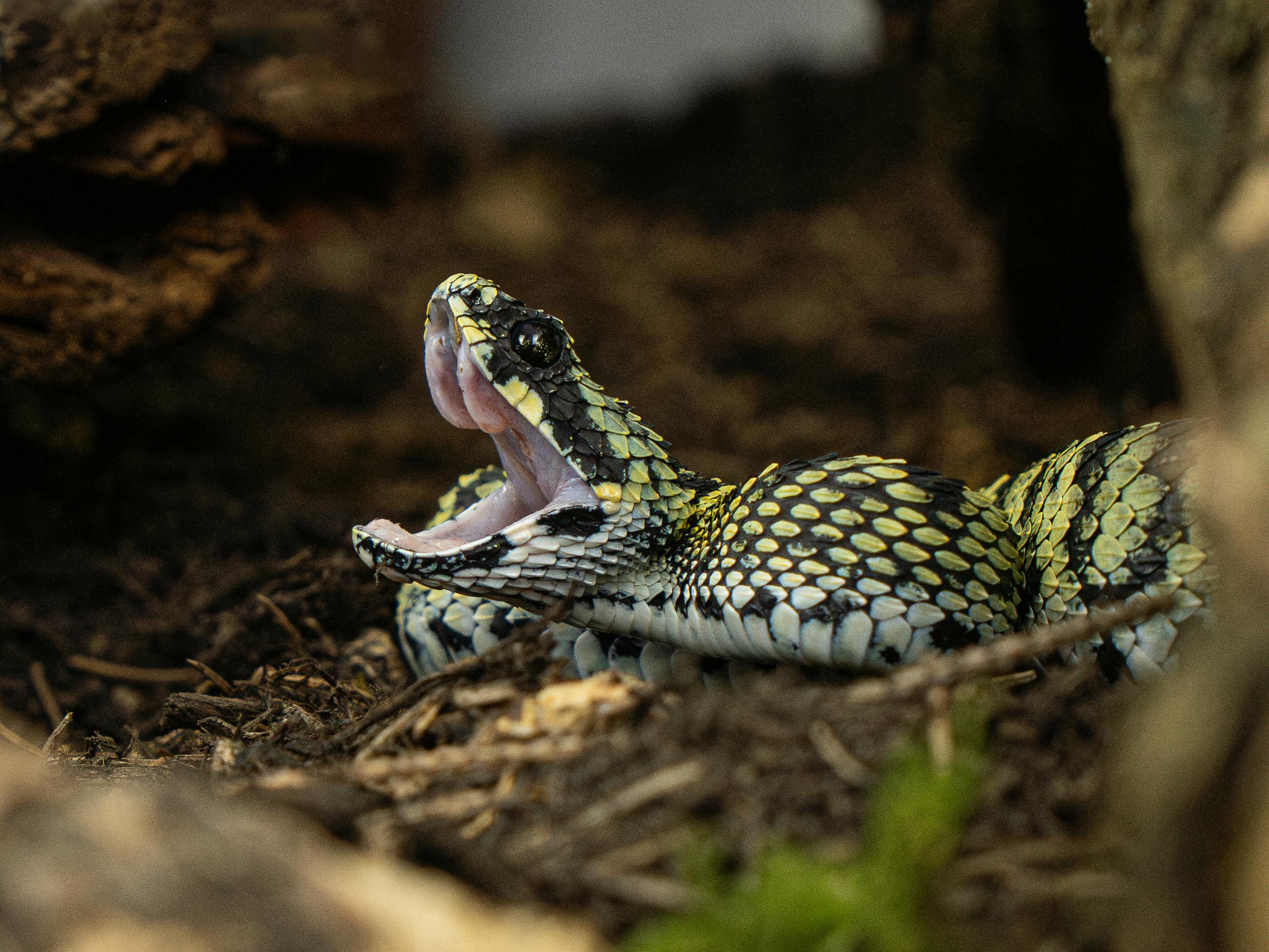Hunting and Predatory Behavior of Snakes
Discover the fascinating strategies snakes use to hunt, ambush, and capture their prey.



Patience and Precision
Many snakes, such as vipers and pythons, are ambush predators. They remain motionless for hours, waiting for unsuspecting prey to come close before striking with lightning speed. Their camouflaged scales help them blend into their environment, making them nearly invisible to their targets (Greene, 1997).

Strength Over Speed
Boa constrictors and pythons use constriction to subdue their prey. After grabbing the prey with their jaws, they coil around it and squeeze until the prey suffocates. Contrary to popular belief, constrictors kill by cutting off blood flow rather than crushing bones (Moon, 2000).

Venom as a Weapon
Venomous snakes such as cobras, vipers, and mambas deliver venom through specialized fangs. The venom may immobilize prey instantly or start digesting it even before swallowing. Different venoms target different bodily systems, from neurotoxins to hemotoxins (Fry et al., 2009).
From heat-sensing pits to jaw flexibility
Pit vipers and some boas can detect infrared radiation, allowing them to "see" warm-blooded prey in total darkness.
Snakes can unhinge their jaws to swallow prey much larger than their own head width.
Species like the rattlesnake can strike in under 0.25 seconds — faster than the blink of an eye!